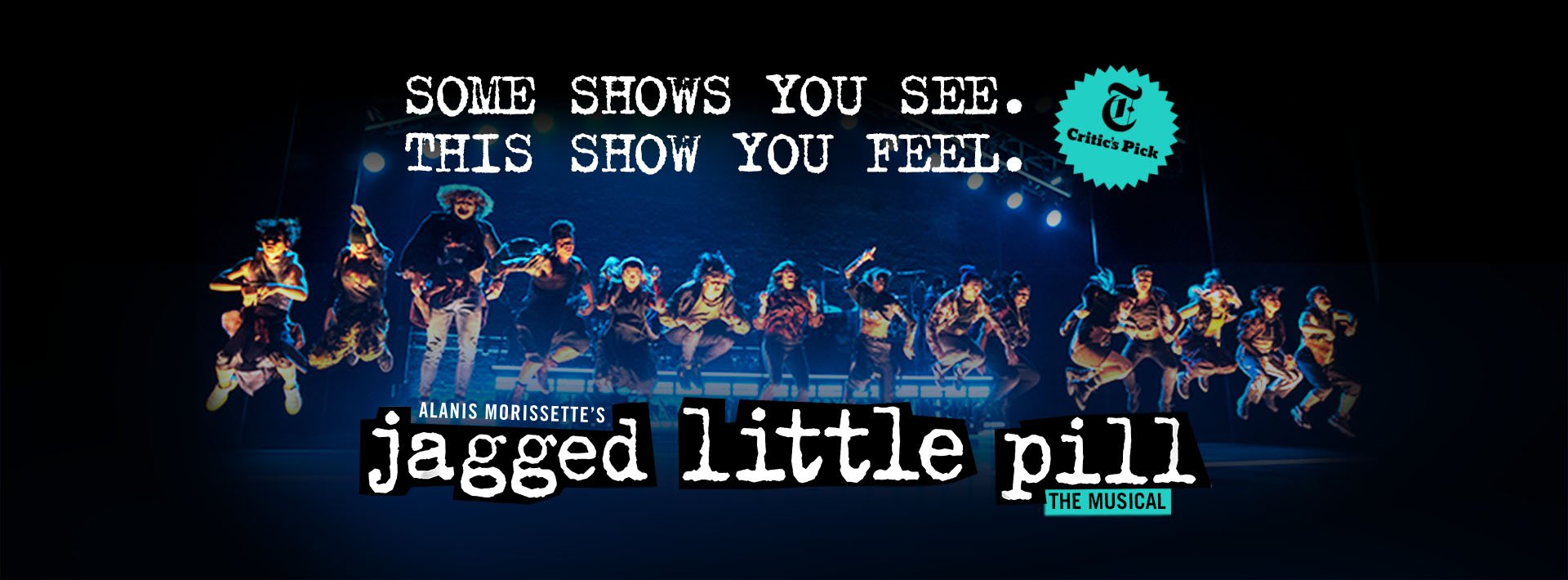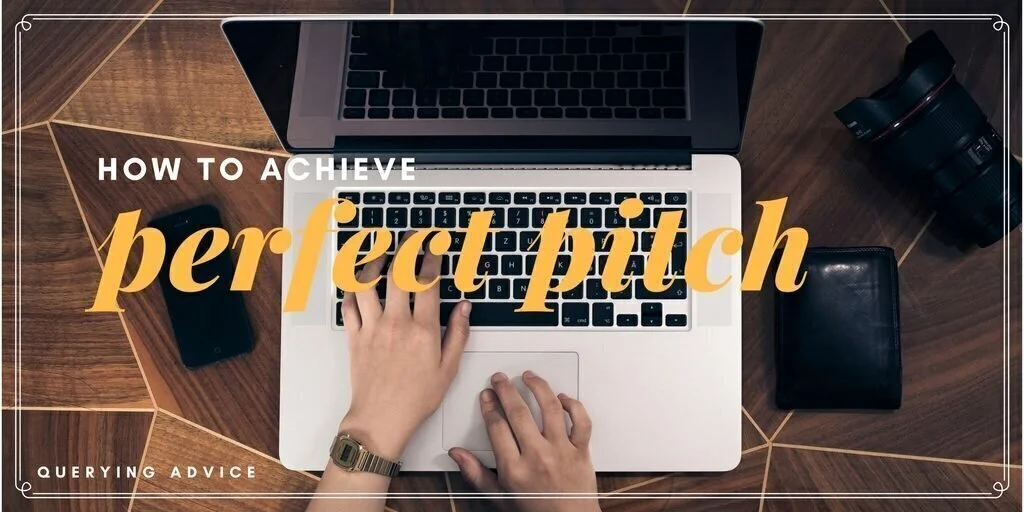There’s a ton to love here, and goodness, a lot to learn from. Thank you J.T.
Let’s dig into what makes this such a great pitch.
Platform: There’s this misconception that you need a massive social media following to sell a non-fiction book. That Twitter and Instagram and TikTok = platform. Which isn’t true. It’s a PART of your platform, sure. But that’s not the sole thing that defines platform.
Platform isn’t only about your following. It’s about where you publish. Your academic career. Your proven expertise surrounding a topic. For J.T., his platform is in where he writes and regularly publishes. He’s got essays and articles in a number of places, and a quick visit to his website showcases where he’s published short fiction and more.
For someone like me, showcasing that kind of platform, where you’re writing and how you’re a part of the non-fiction community, means way more than a big Twitter following. J.T. has a little under 7,000 followers on Twitter, for those of you worried about the “needs hundreds of thousands of followers” misconception.
If you’re worried about building that platform in publication, it’s one of the platform-building types of writing that it’s never to late to focus on. You can start pitching essays and articles right now, and build that portfolio up.
Comp Titles: One thing that I notice a LOT of memoir queries (and essay collections, for that matter) missing in query letters, are comparative titles. “Well my story isn’t like any other story out there.” Of course it isn’t. It’s your life. Your story should be unique. That’s not what a comparative title does.
A comp title gives the agent an idea of what to expect. Themes you might explore. Your voice. Is this going to be a hard hitting, soul crushing story, or am I going to laugh? Maybe both?
Stakes and a Clear Story Arc: When it comes to the reason I pass the most on memoir, is the lack of knowing what the story is. In the case of J.T.’s, he gets it across immediately. He tells us the memoir is going to take him from his teen years and diagnosis through his professional and personal ups and downs, and that he tries to hide his disability for that entire time.
What’s at stake here? Plenty. His love life! His creative life! Being able to just venture outside! And he sums this up in just two paragraphs. It’s so important to give the reader a sense of the stakes, even in a memoir. There’s a story, a narrative arc, to your life story.
After all, a lot of memoir highlights a specific period of time in your life. In the case of J.T., it’s his teen years to his early 30’s, going from denial to acceptance. There it is. In two paragraphs.
It’s Finished?!: So, in my opinion a memoir doesn’t have to be finished for me to sign it. I just need to see a proposal. Past projects I’ve represented have sold on proposal. In J.T.’s case, he’d actually finished the whole book.
This is okay. Even though a lot of memoir does sell on proposal, it’s not going to hurt if your book is finished. Not at all. More editors who I talk to these day appreciate a memoir that’s completed, though still take a proposal. So if you’re finished, don’t be afraid to pitch it as a completed book.
And there you have it.
Perfect pitch, for memoir.
Thank you for sharing this query with everyone J.T.! And if you’re reading, be sure to order a copy of his memoir as a thank you. It’s really something special.










